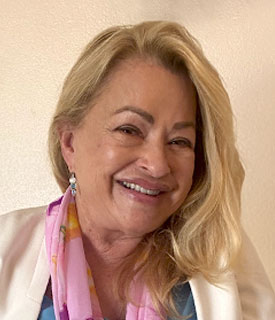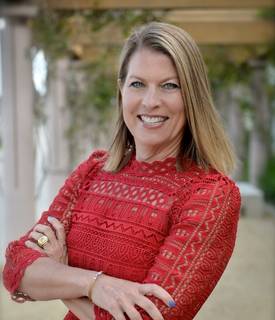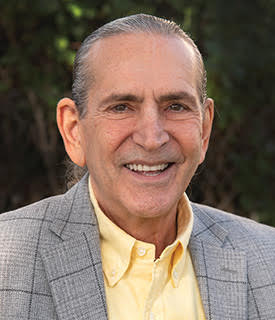When we fail, interesting things happen. We either learn from it and improve or feel useless and give up. Our failures can either trigger resilience or shoot down our self esteem. But when we fail, it doesn’t mean we’re failures. The moment we believe that, we’ve given up. Failing just means we’re not quite there yet. And that’s the magic to success and happiness – “yet.” Carol Dweck is a firm believer and promoter of the power of “yet.” When we remember we’re not there “yet,” it reminds us that we’re on a learning curve. We’re still making our way. It’s an optimistic view of the future. When we think we’re failures, we don’t see a future at all. We only focus on not having it now.
Being curious of the power of “yet,” Carol wanted to see how children coped with challenge and difficulty. She gave 10 year olds problems that were too difficult for them to solve. Some reacted positively saying “I love a challenge.” These children understood that their abilities could be developed. They had a growth mindset, able to see opportunities to improve. On the other hand, other children’s responses were more tragic and catastrophic. They felt like their intelligence was being judged and they failed. They weren’t excited about the future their paths were leading to; they were paralyzed by the doom of now. Interestingly, these children admitted they’ll probably cheat on the next test instead of studying more. Another study showed these children actually looked for someone who did worse than they did, in attempts to feel good about themselves. Study after study, these children were shown to run from difficulty. These children had a fixed mindset.
Brain scans compared a fixed mindset with a growth mindset while encountering difficulty. The brain with a fixed mindset showed barely any brain activity while dealing with the challenge. The growth mindset lit up the scans. Those who saw their potential to improve actually engaged with the problem, while the others didn’t even try. Those with the growth mindset processed the problem, learned from it, and corrected it.
This raises the questions: Are we raising our children to live in the now or for “yet?” Are we raising kids to be obsessed with getting A’s? Are we raising kids who don’t know how to dream big dreams? Are they carrying this kind of validation with them into their future lives? How do we change that?
First of all, we can praise wisely, not praising intelligence or talent. Instead, praise the process kids engage in: their effort, strategies, focus, perseverance, and improvement. This is how we develop a child’s resilience and confidence. They will know that they’re on their way somewhere which creates greater persistence. They’ll be able to see that path into the future.
There’s study that taught children how the neuron connections in the brain get stronger when facing challenge. Those kids showed improved grades versus the kids who weren’t taught about that mindset. Those kids actually had declining grades during the course of the study.
Carol brings up equality in the education system. In our country, there are groups of students who chronically underperform. This is seen with children in inner cities or Native American reservations. They’ve done so poorly for so long, they find it inevitable. However, once educators influenced the power of “yet,” great progress was made. Here are some examples: in one year, a kindergarten class in Harlem scored in the 95th percentile on the National Achievement Test. Many of those kids couldn’t even hold a pencil when they started. In one year, 4th grade students in the South Bronx, who were way behind, became the number one 4th grade class in the state of New York on the state math test. In a year and a half, Native American students on a reservation, went from the bottom of their district to the top. That district included affluent students of Seattle.
This is all because the meaning of effort and difficulty transformed. Before effort and difficulty made people feel dumb and stupid, wanting to give up. Now with more encouragement of the growth mindset, everyone can see that our abilities are capable of such growth. There’s hope, there’s a future, and it’s full of improvements. And what makes it better, is that everyone has an equal chance of reaping the benefits of a growth mindset.
If you or a loved one struggles with seeing their potential, feels like a failure, or wants to get out of the now, please contact Crownview Medical Group. A trained medical professional will be able to work with you based on your individual needs.
Source:
https://video-subtitle.tedcdn.com/talk/podcast/2014X/None/CarolDweck_2014X-480p-en.mp4
























